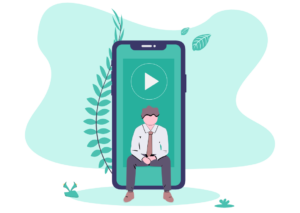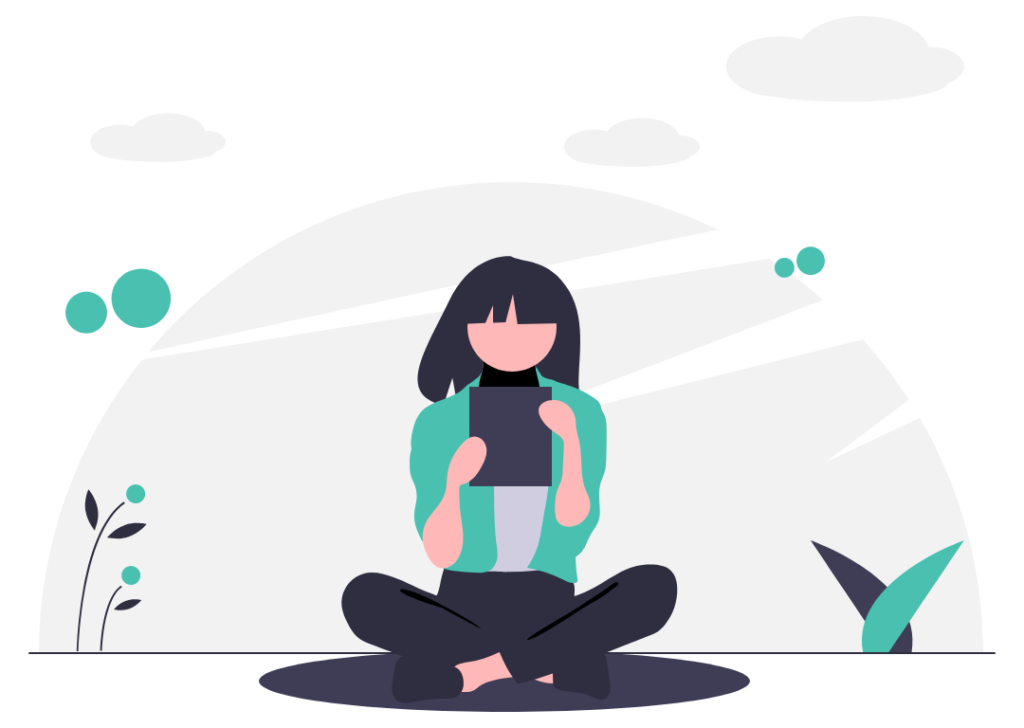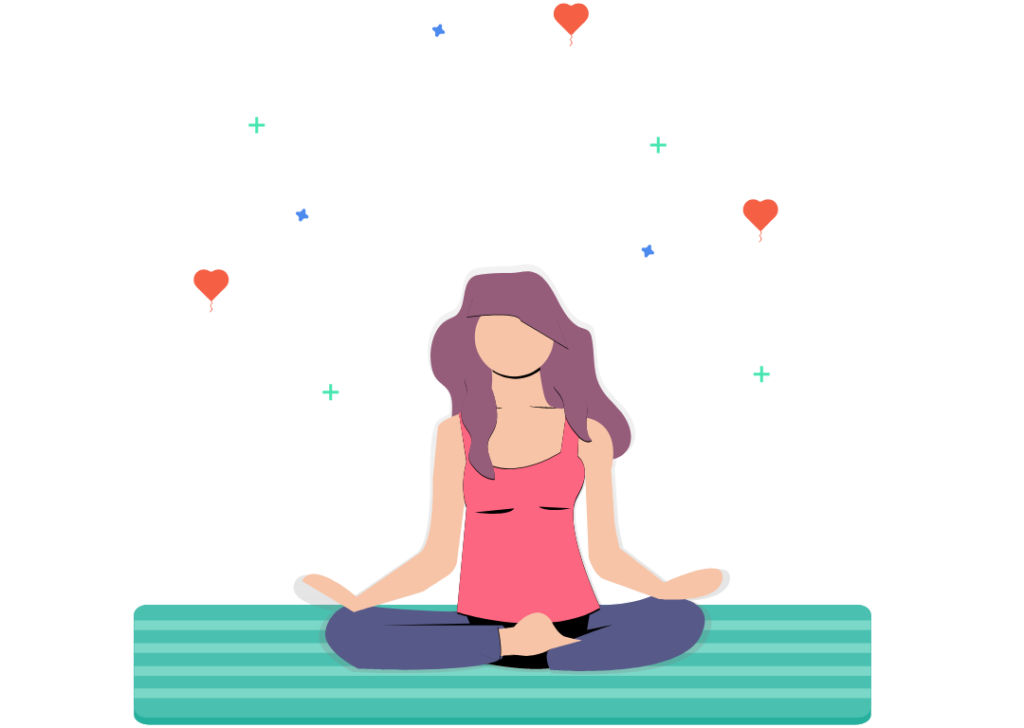
Stay Connected to the Person You Care For
Frances was enjoying life full of her favorite hobbies while living in Oahu, Hawaii when her mother was diagnosed with Alzheimer's.

Dave's life transformed after his wife had a stroke, and he became her primary caregiver. Dave explains how he re-invented himself to find a sustainable way to care for his wife, why putting his needs first is crucial to not burning out, and how he found meaning in becoming a caregiver for other caregivers. This is Dave's story.
As told to Open Caregiving and lightly edited to enhance readability while preserving the author’s voice.
Hi, my name is Dave. I am a Baby Boomer male currently living in California with my wife Charlene, who I care for after she had a stroke.
I was (and still am) an entrepreneur, running a gas station for 45 years now. When I became a caregiver, I was married for 23 years with three daughters ages 20, 30, and 35. We had to move after my wife’s stroke to be closer to my gas station; I was commuting 35 miles every day for 19 years before that.
Being a spousal caregiver is very hard. My wife’s stroke left her severely speech impaired and paralyzed on one side. The grief process lasted two years, and it was awful. We almost broke up.
But we hung in there and reinvented ourselves. I became Dave the Caregiver’s Caregiver, appearing on 35 TV shows, speaking on 25 prestigious stages like Harvard and Carnegie Hall with Suzanne Somers, Martha Stewart, and many others. I started my own radio show to caregivers, which has become syndicated in 50 states and 135 countries.
I learned early on that if I did not put my oxygen mask on first (putting my needs first), and taking quick trips to recharge my batteries, I never would have made it. I learned this after joining a support group.
In those days we had no internet, so the hospital happened to have a support group there, which they told us about. Today, it is much easier. You can find one nearby (except for COVID), but there are plenty of online support groups that may do Zoom. My site has a resource group and a Facebook group where caregivers can chat.
How long it took me to realize the importance of putting my needs first.
Go for a drive, get a massage, take a hot bath, get your nails done, go for a bike ride, get away for the day or the weekend.
Make sure that your place in your priorities are at least equal (or more) than your loved ones. Don’t neglect your sleep over theirs. If this is a constant problem, then it may be time to look for a facility or a helper.
It was hard; I joined a support group and met people there who told me if I didn’t take care of me, I couldn’t take care of Charlene. So, I started to take care of me so I could take care of her.
I like to take brief trips, have lunch with a friend, and not neglect my hobbies like biking and swimming.
I traveled to 3 cities to visit relatives I hadn’t seen in 20 years. Charlene’s mom watched her during that time. Charlene wasn’t happy, but I was following the advice of my support group. That’s all the permission I needed. Now, I help other caregivers to do the same.
To tell the paramedics to take my wife to the Medical Center 15 minutes from our house, instead of the community hospital 5 minutes away. They did not have the CAT scan machine and staff needed to provide proper care.
Also, I would have better self-care routines earlier to avoid burnout.
Just to take advantage of my free coaching offer, it just might save a caregiver’s life!
Learn about Dave’s radio show, community, and coaching programs at CaregiverDave.com.

Frances was enjoying life full of her favorite hobbies while living in Oahu, Hawaii when her mother was diagnosed with Alzheimer's.

Rose and her husband were about to start the business of their dreams when her mom was diagnosed with stage IV cancer.

Elizabeth-Leigh was at the peak of her career as a Chief Clinical Officer and enjoying the life she worked hard for when she became a caregiver to her parents.